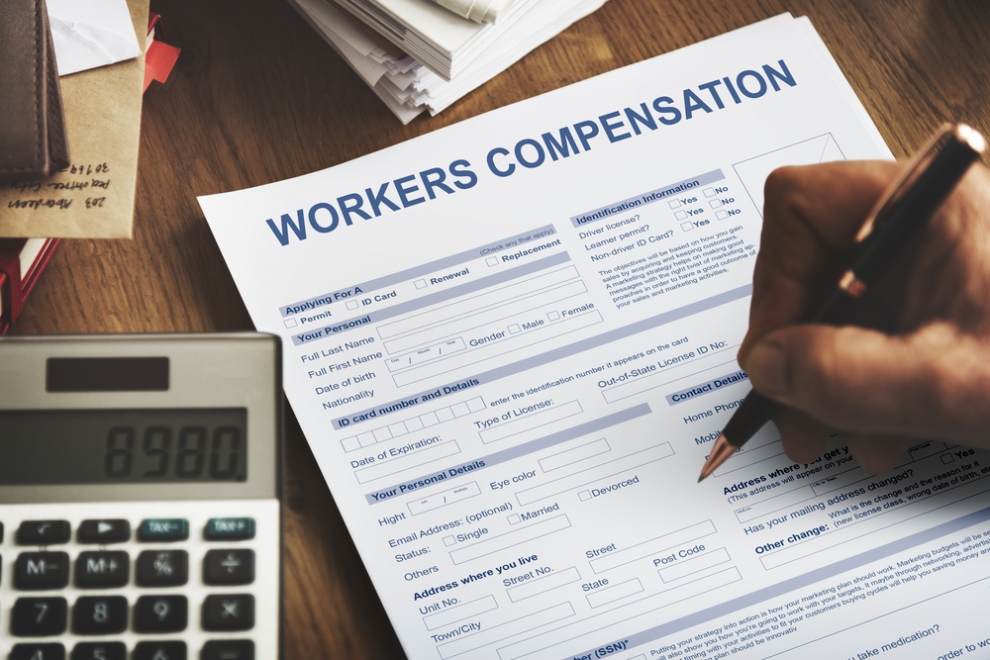As a business owner, it’s your responsibility to keep all of your employees out of harm’s way on the job. However, accidents and issues are inevitable, whether they’re due to a single event or cumulative effects. That’s where workers’ compensation insurance comes into play, ensuring both you and your employees are treated fairly without anybody being bankrupted.
Additionally, your employees will sometimes find themselves dealing with injuries or illnesses that aren’t related to the workplace but cause them to be absent from their job for an extended period or require accommodations at work. In this scenario, they might be entitled to go on disability assistance. As an employer, you’ll want to be sure you understand the difference between the two.
Basic Differences
- About Workers’ Compensation Insurance– Purchasing a workers’ compensation insurance policy is mandatory in most states. The main purpose of workers’ comp insurance is to provide financial coverage to employees who suffer injuries or come down with illnesses related to workplace accidents or conditions. Workers’ comp can pay some or all of the affected employee’s medical bills, provide temporary salary replacement, and, in the case of a fatality, provide death benefits to the family of a deceased employee. As an employer, this insurance policy saves you from paying for these things out of pocket.
- About Disability Insurance– Disability insurance focuses on an employee’s injury or illness that prevents them from going back to work either permanently or semi-permanently but is not the result of work conditions. This insurance policy compensates for the workers’ lack of income by providing regular partial salary replacement, along with possible coverage of necessary treatments and medical bills. As an employer, U.S. law doesn’t require business owners to purchase or provide long-term disability insurance, but roughly half of the large and mid-sized employers elect to. You can also encourage your employees to purchase a disability insurance policy themselves if you are in a high-risk industry, or be sure you provide adequate information about the federal option.
What Does the Process Look Like?
Both insurance policies have their own steps and requirements for the claim-filing process. You should always offer your employees the help, information, and support they need to make their claim as simple as possible, no matter what kind of claim they’re filing.
For Workers’ Compensation
If an injured or ill employee asks for help with filing their workers’ compensation claim, you must provide them with:
- The proper paperwork to submit a claim
- Assistance and cooperation in gathering information about the circumstances of their injury and illness
- Insurer information
- A secure and reliable method of sending the claim form to the insurance provider
Before the claim can be approved, the injured employee will likely need to undergo a physical evaluation by a doctor to confirm their need for compensation. During a set period after the insurance company offers compensation, they have the right to respond to their claim and appeal their decision.
You should also note that most states have a deadline for an employee to submit a compensation claim after the injury or first symptoms of their illness.
If all goes well, the insurance company calculates the compensation to cover the affected employee’s medical bills and rehabilitation and offers salary replacement. In some cases, they will also cover your legal fees.
For Disability
Suppose your employees decide to try to draw from federal Social Security Disability Insurance. In that case, they will need to demonstrate the extent of their disability and how it hinders their ability to be productive at work. To be approved for a claim, they must demonstrate that the symptoms of their disability have been present for at least 12 months or could result in death if they continue to work at the same level.
On the other hand, if your employees opt for private disability insurance, the requirements will vary from policy to policy. You will most likely be called upon to weigh in on their productivity and situation, confirming that they’re no longer able to perform their work up to the set standards.
Understanding Your Liability
Workers’ compensation insurance covers injuries resulting from slips and falls during your employees’ work hours and inside your facilities, as well as accidents that occur while they are driving company vehicles, and any other injuries related to the workplace. It also includes illnesses that result from the work environment. This includes respiratory issues from poor ventilation or joint complications due to repeated movements with little rest.
Workers’ compensation laws differ from state to state according. Make sure you understand the laws governing workers’ compensation in your state. Failing to abide could result in legal issues and a hefty fine, in addition to the responsibility of covering the affected employee’s medical bills, salary replacement, and benefits out of pocket.
Don’t Cut Corners
Some businesses try to save money on the short term, by skimping on various safety measures. In the long term, these unsafe conditions can cause an accident that ends up costing much more. The best plan is to be sure that you’re prepared for all possibilities. Investing in a safe workplace will result in fewer accidents, and investing in quality insurance will prevent your employees from following up with a lawsuit. Insurance is just like any other part of your business—the more you invest in it, the fewer issues you’re likely to face later on.



